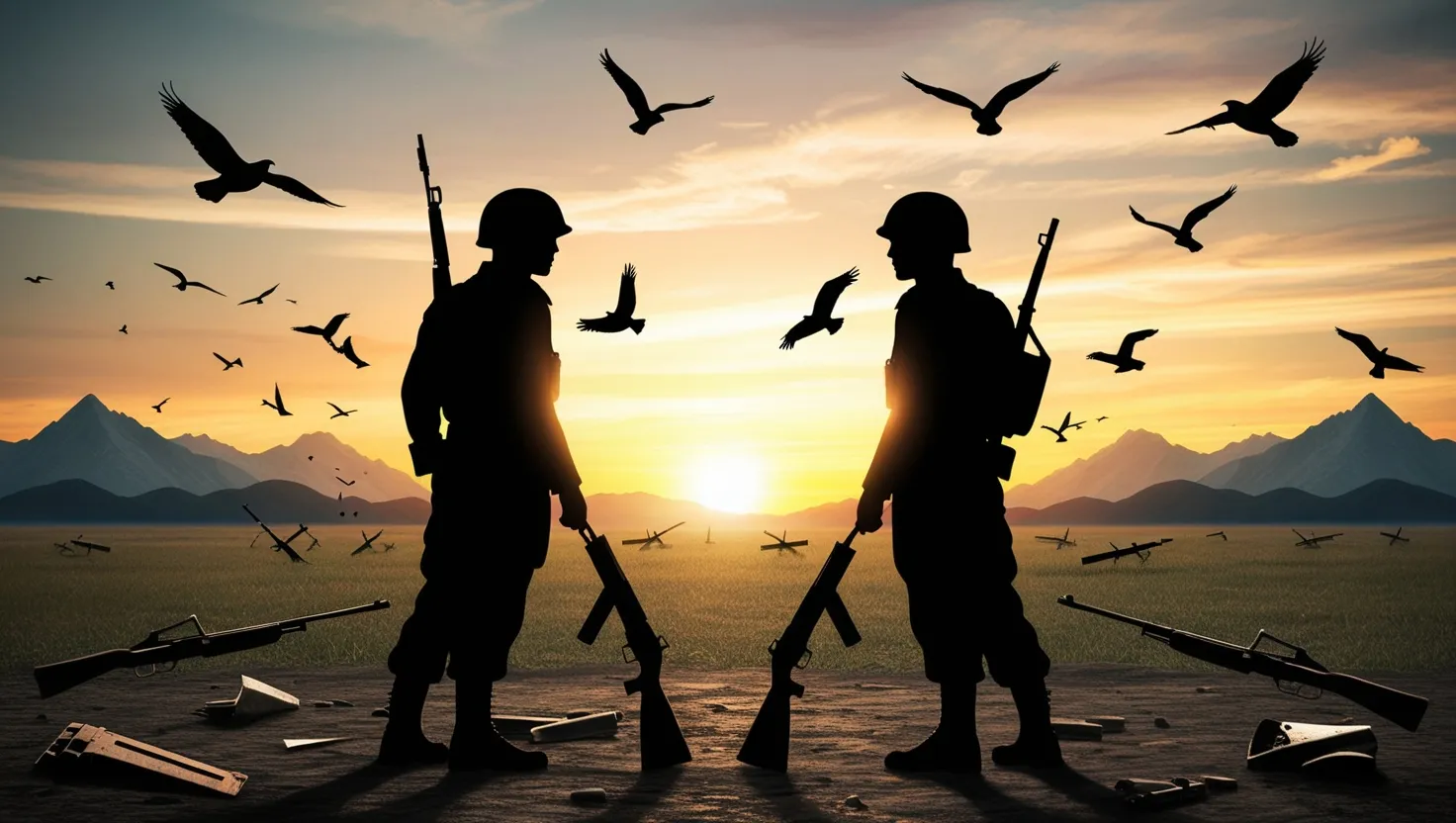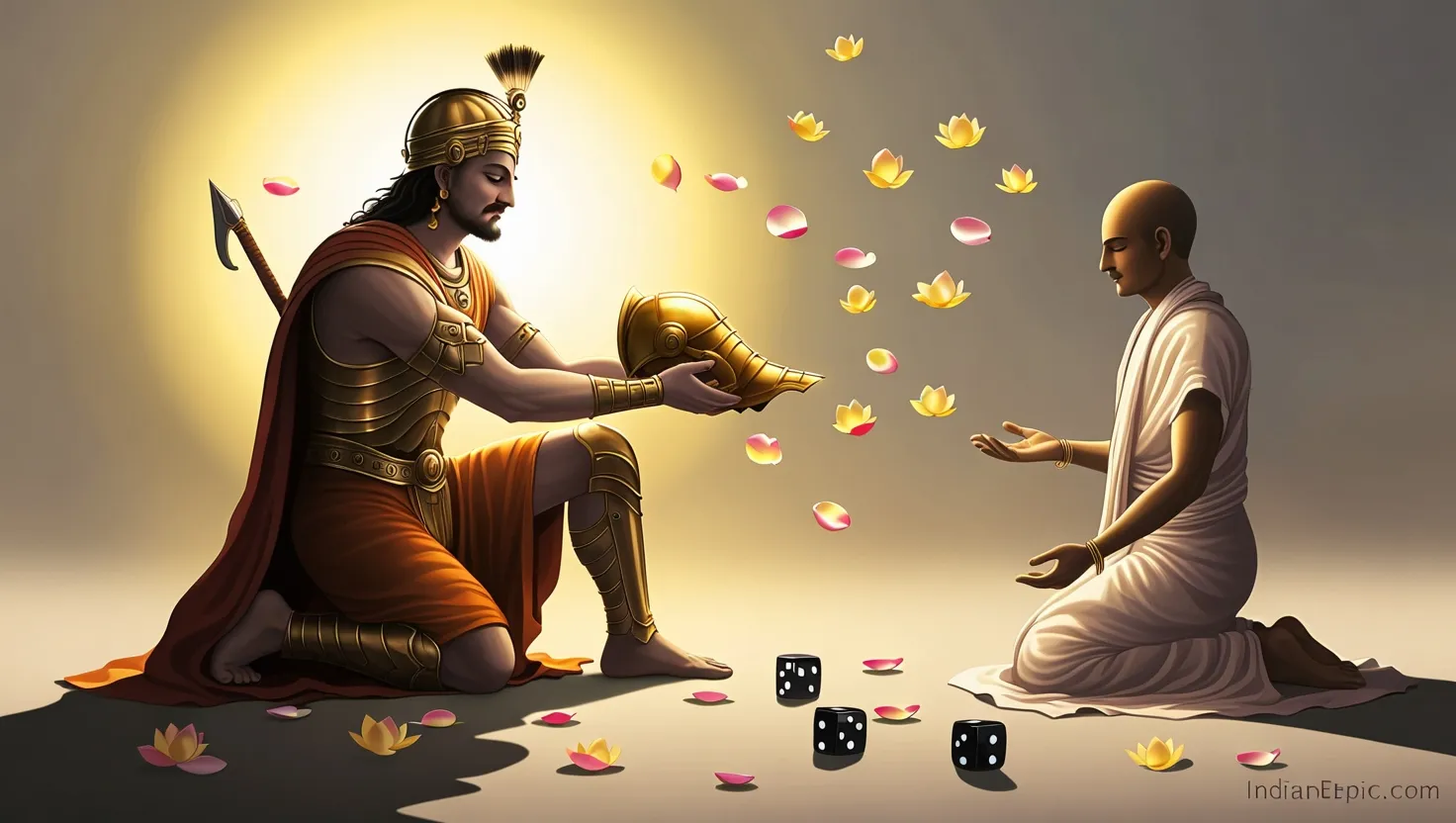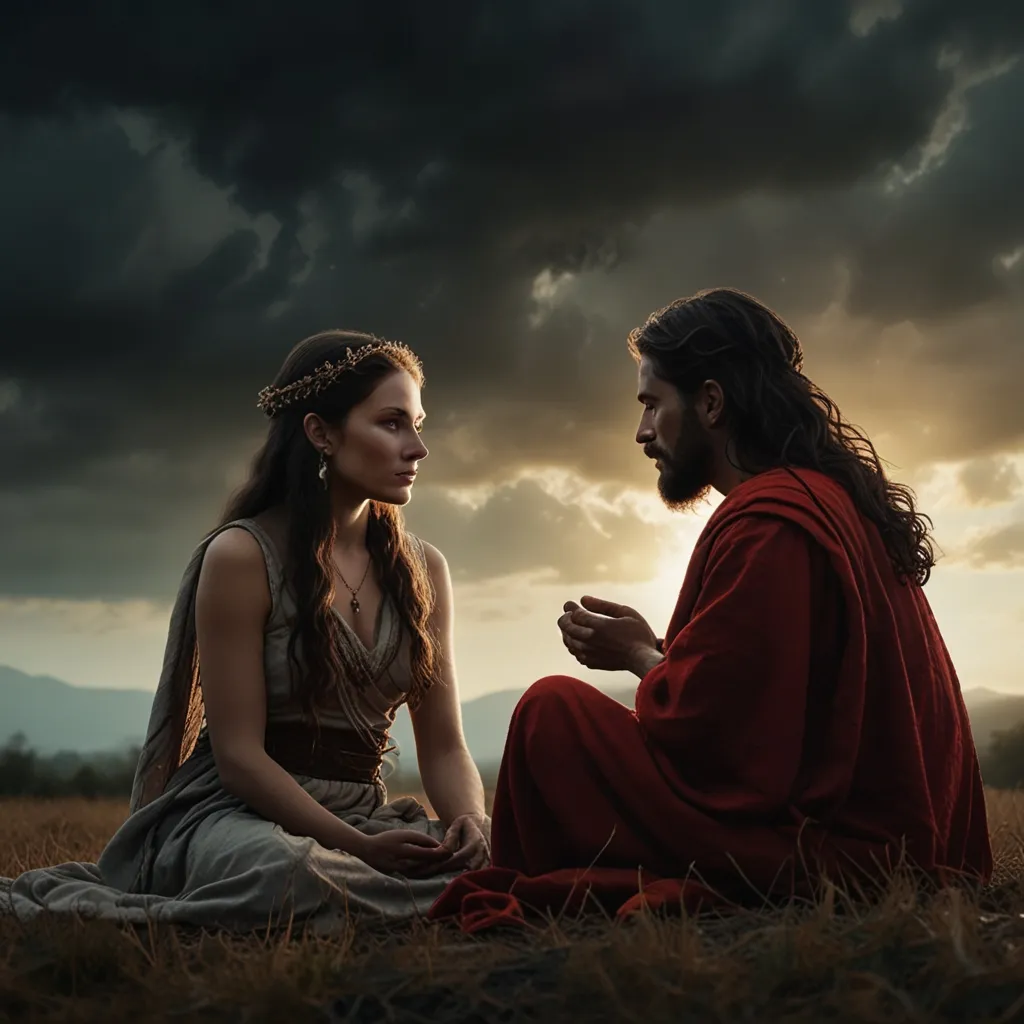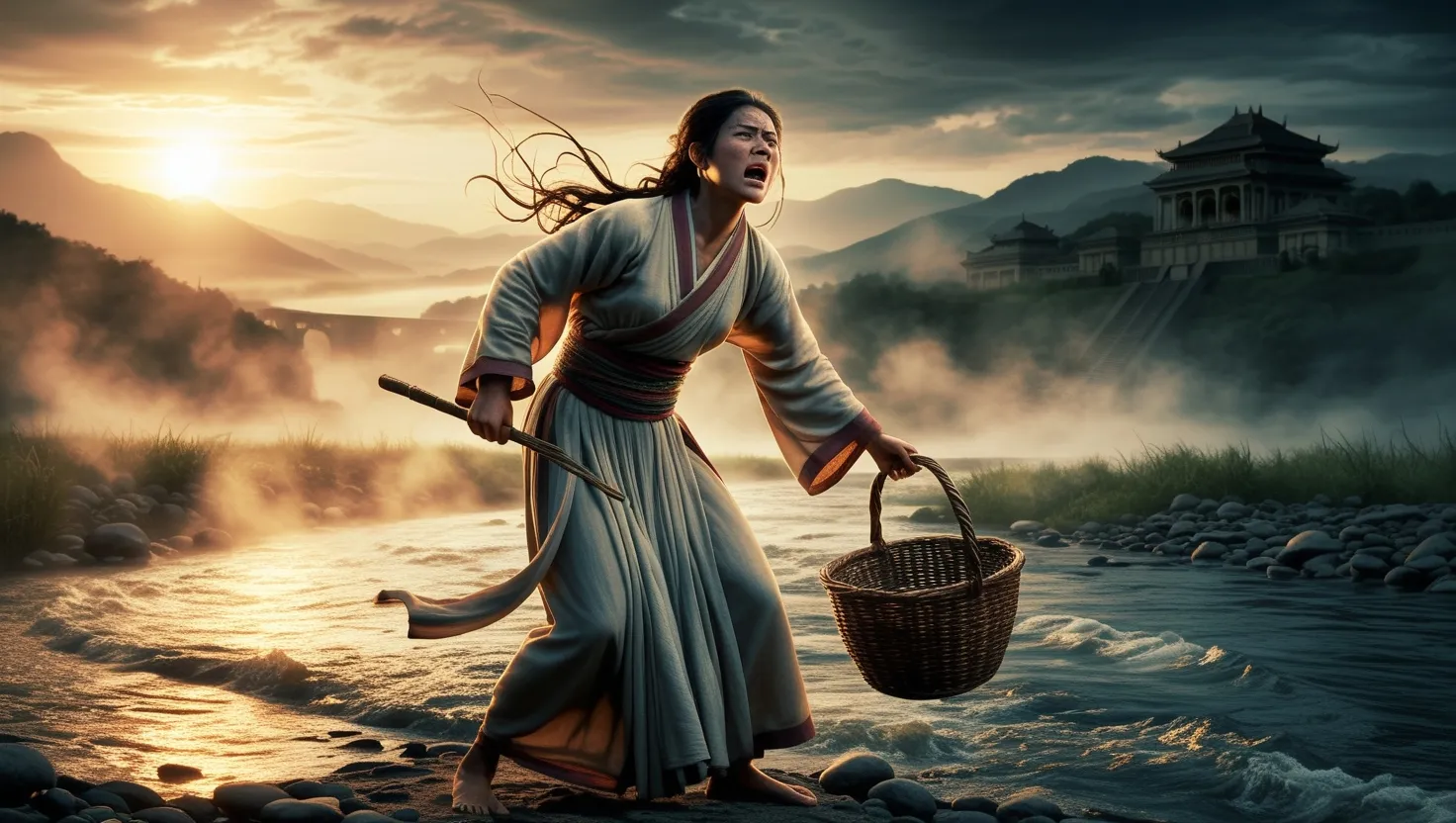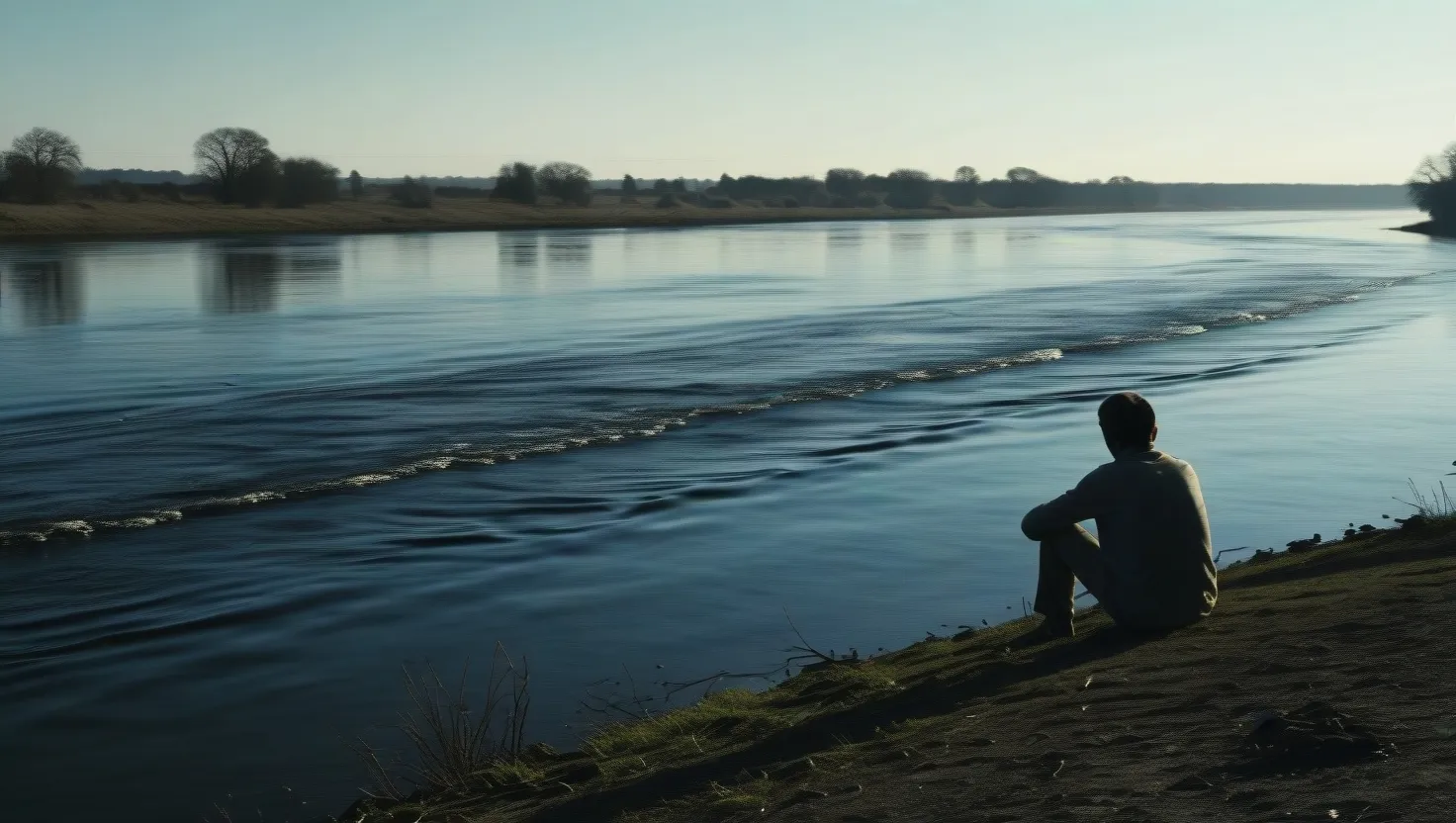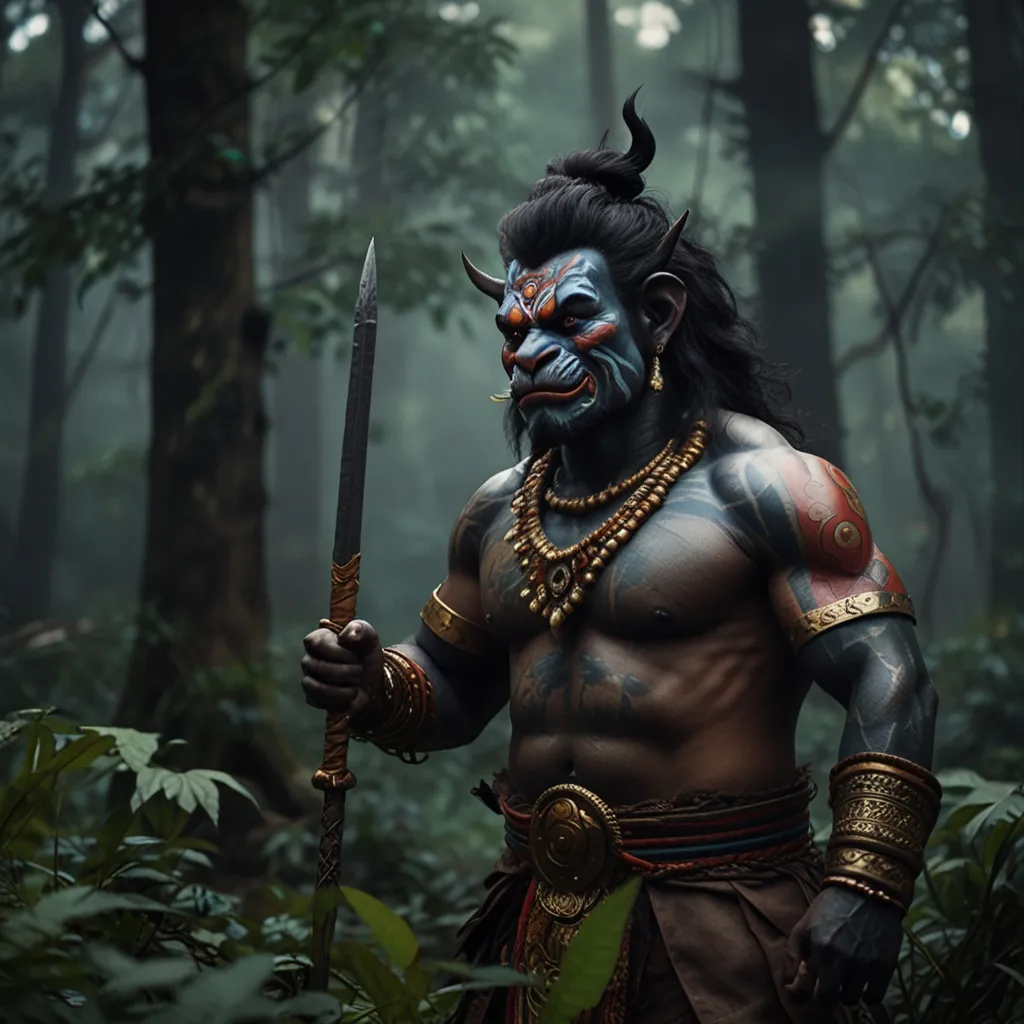The Kurukshetra war, central to the Mahabharata, is more than a tale of arrows and chariots; it is a mirror to human nature, ethics, and the unpredictability of destiny. When I revisit the great battles that shaped this legendary conflict, the landscape is not just scarred by the passage of swords and spears but by the decisions, hesitations, and betrayals that left permanent marks on everyone involved. Each major clash was not just a contest of strength, but a test of character and a moment when ideals collided with reality. As I journey through five critical battles, I invite you to reflect on how these ancient events still resonate with our contemporary dilemmas—can personal bonds survive in the furnace of conflict, and what happens when rules no longer apply?
“War does not determine who is right—only who is left.” —Bertrand Russell
The duel between Bhishma and Arjuna is my starting point because it perfectly captures the complexity of fighting someone you love. Arjuna, hailed as a peerless archer, faces his grandfather and mentor Bhishma. For days, he holds back, torn between respect and duty. His hesitation isn’t just a plot device—it’s a window into how our emotions can cloud judgment, even in matters of life and death. Only when Krishna, in a rare moment of divine frustration, pushes Arjuna to commit fully do the tides of war begin to shift. This makes me ask: How often do we dilute our actions out of sentiment, even when the stakes demand clarity?
To watch someone you’ve revered stand on the opposite side is agony. Bhishma, for his part, fights without malice, seeing both sides as his own kin. Yet every arrow he lets fly deepens the chasm between what is right and what is necessary. It’s one thing to know your enemy; it’s another to see your reflection in his eyes. The battle drags on, not just because of matched skill, but because both hearts resist the inevitability of loss. The eventual wounding of Bhishma is less a victory and more a surrender of innocence—a bitter acknowledgment that in war, lines blur and relationships fray beyond repair.
“Whenever you find yourself on the side of the majority, it is time to pause and reflect.” —Mark Twain
The saga of Abhimanyu’s entry into the chakravyuha formation is possibly the most poignant episode in the Mahabharata. Here, a sixteen-year-old steps forward, knowing only half the tactics for breaking an almost impenetrable military arrangement. His confidence is a blend of youthful energy and inherited valor—after all, he is Arjuna’s son. As he carves his way through the formation, his struggle becomes a metaphor for every young idealist who, armed with partial knowledge, charges into battles shaped by older, more cynical hands.
What strikes me isn’t just the bravery of Abhimanyu, but the way the rules of engagement dissolve once he is surrounded. The code of conduct, so fiercely debated by both sides before the war, is discarded in the heat of desperation. Senior warriors gang up on a lone boy; weapons forbidden by tradition are brought to bear. The moment Abhimanyu falls, so does the last pretense of orderly conflict. The outcome is a new flavor of bitterness—no longer is this war a contest of dharma, but of survival at any cost. I often wonder, how long do our personal codes last when we find ourselves cornered?
“To be prepared for war is one of the most effective ways to preserve peace.” —George Washington
Karna versus Arjuna—the rivalry could not be more charged with layers. Karna, the outcast prince, denied his rightful place and forced to forge his path through grit and loyalty, finally faces Arjuna, his brother by blood but rival by fate. The build-up to their confrontation is thick with irony; both are warriors of equal skill, yet their destinies have been shaped by decisions made before they were born. What does it mean to fight for a cause when that cause has never truly accepted you?
Their battle is brutal, not just physically but emotionally. Karna’s chariot wheel sinks into the ground—a moment heavy with symbolism, as if the earth itself takes sides. Krishna, fully aware of the cosmic implications, urges Arjuna to strike. For one split second, the grand ideals of fairness and honor are set aside for the practicalities of victory. Karna dies with dignity, but the sense of injustice lingers. Was it right for Arjuna to fire that fatal arrow, or was it simply necessary? There is no easy answer, and that’s the genius of the story—it reflects the messiness of real life, where sometimes you must choose between being good and being victorious.
“In war, truth is the first casualty.” —Aeschylus
The climactic mace fight between Bhima and Duryodhana is not just a settling of scores; it is the breaking point of years of festering hatred. Bhima, the embodiment of brute force and righteous anger, meets Duryodhana, who is as tenacious in pride as he is in combat. The duel is less about technique and more about purpose—Bhima’s vow to break Duryodhana’s thigh echoes in every swing. Yet, when he finally delivers the illegal blow below the waist, what is gained and what is lost?
On the surface, it is victory. But Bhima’s action, though justified as vengeance, violates the very rules he once respected. The cost is his own sense of honor, and the war’s end is stained by the knowledge that even the purest motives can lead to compromise. I see in this moment a reflection of all promises kept at the expense of conscience. Is fulfilling a vow worth the price of self-respect? The Mahabharata doesn’t offer judgment—it simply shows the consequences and leaves us to decide.
“Victory attained by violence is tantamount to a defeat, for it is momentary.” —Mahatma Gandhi
The night massacre led by Ashwatthama is the darkest chapter in this chronicle of destruction. After Drona’s death, his son, consumed by wrath, sneaks into the Pandava camp and unleashes violence on defenseless sleepers. The boundaries between right and wrong, already thinning, evaporate entirely as Ashwatthama’s revenge claims innocent lives. The formal war has ended, but the cycle of retribution rolls on, heedless of truce or peace.
What do we make of a world where the victors and the vanquished both mourn their losses? The carnage achieves nothing but further emptiness; Ashwatthama himself is cursed and cast out. In this moment I am reminded of the aftermath of all conflicts—how the seeds of hatred, if not burned out, germinate into new storms. Can we ever really close the book on violence, or does it simply change hands and faces across generations?
“Only the dead have seen the end of war.” —George Santayana
What stands out, as I reflect on these five battles, is not heroism or strategy, but transformation. Every character, whether or not they survived, was changed by what they did and what they were forced to witness. The Mahabharata’s war is a cautionary tale, warning that grand ideals are fragile; they bend and sometimes break under the strain of reality. What begins as a fight for justice quickly devolves into a struggle for survival, leaving everyone—winners included—agonizing over what they have become.
Have you ever wondered how you might act, faced with impossible choices between loyalty and duty, revenge and righteousness? The Mahabharata keeps asking this of me. It refuses to give easy answers or tidy endings. Instead, it urges us to carry forward its lessons, to question our own actions, and to search for a gentler path even when conflict seems inevitable.
As I close this reflection, it’s clear: the Mahabharata’s war—and the pivotal battles within—are not just stories from a distant past. They are caution signs for every age, reminders that the true cost of any conflict is measured not by land gained or enemies vanquished, but by the toll on our hearts and the world we hope to build.
